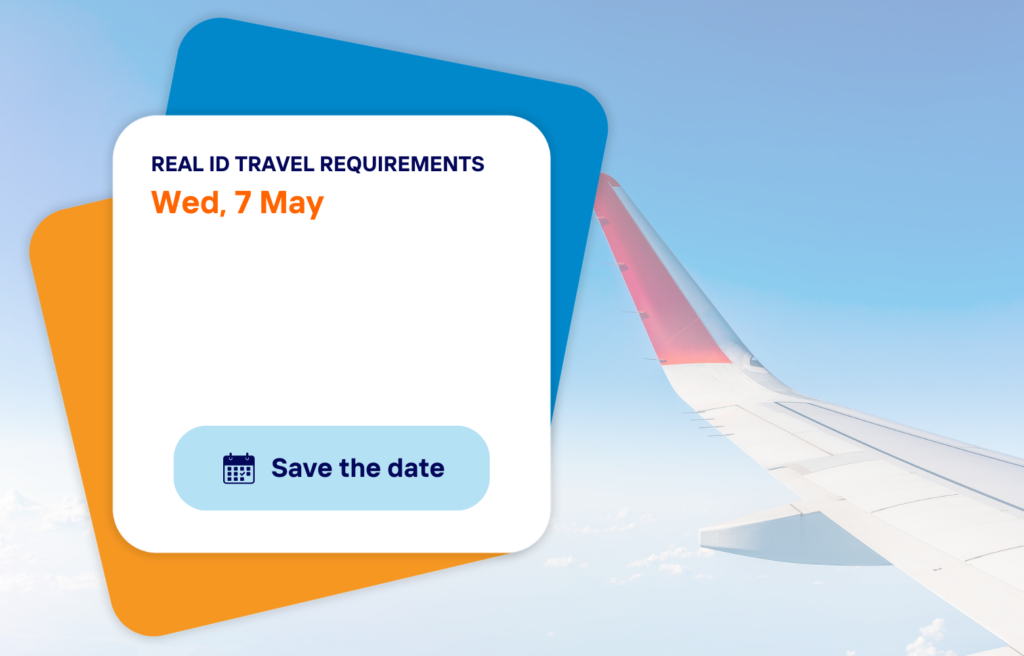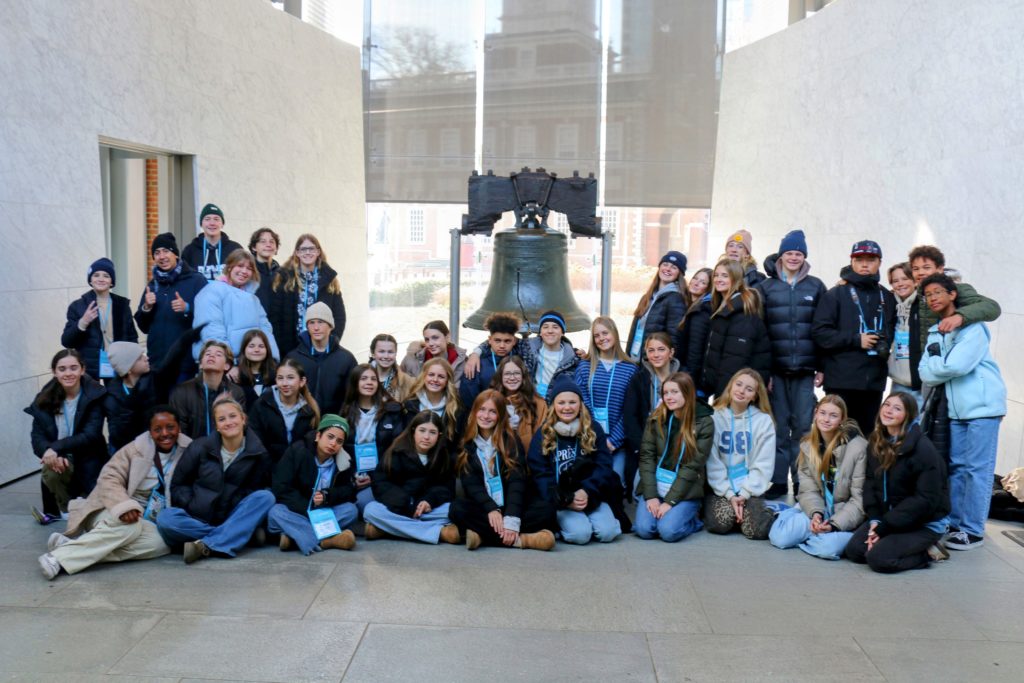5 Ways To Deal With School Trip Anxiety


Many trip leaders and their students deal with travel-related anxiety. Finding ways to move through the discomfort is essential for enjoying the once-in-a-lifetime experience that an educational tour provides.
Here are five tips to help you and your students overcome the jitters.
If dreams had movie ratings, my nightmares before the start of the school year would be rated G compared to the R-rated terrors that played in my mind before leading my school’s annual 8th grade trip to Washington, D.C. I was anxious about all kinds of things, and so I started to research ways to calm my nerves.
By figuring out ways to cope, I realized that I also had an opportunity to help my students who were struggling with their own fears. It turns out that teaching ways to cope in times of stress is one more lesson that can be taught during a school trip.
Here are five strategies that will bring you and your students peace of mind.
1. Prepare
Most of the teachers who I know are planners by nature, so leaving the details of a tour schedule to someone else feel like a loss of control. It’s imperative to work with an experienced travel consultant who you trust to plan an itinerary that will maximize your time and ensure things run as smoothly as possible.
Having things written out and explained to you in advance will help you feel prepared. Work with your consultant to get an itinerary for yourself and your students who need to know the plan in order to relax. This will help you and the kids be excited about what lies ahead instead of overwhelmed by the unknown.
- Offer copies of itineraries to parents, students, and teachers prior to departure so everyone knows what to expect.
- Send out packing lists, behavior expectations, and travel guidelines a few weeks prior to the trip.
- Interested in a way to keep all your trip information in a central, easy to access place? Check out Sarah’s post on using Google Sites.

2. Rely on your support system
You don’t have to go it alone. By sharing responsibilities with other adults while on tour, you can take a breather at certain times of the day. You may want to give lunch money or vouchers to designated bus leaders. Medications can be handled by a school nurse or group chaperones. Ask for volunteers to check rooms before lights out. Figuring out ways to share oversight will diffuse the pressure so you don’t become overwhelmed while on tour.
The same is true for the kids. They may want to share responsibility for the room key, setting alarm clocks, remembering check-in times, and other to-dos.
- Assign roles to your chaperones prior to departure so they know what is expected of them. More advice can be found in the post 7 Tips For Preparing Chaperones For Your Student Trip.
- Create a trip leader group chat so everyone stays connected. This way if someone needs support, you’re only a text away.
- Make sure students know to use the buddy system while on tour so they always have a classmate nearby.
3. Don’t be consumed by fear
Don’t allow your mind to roll film about fictional stories that feature a myriad of bad things that could happen. The word “could” is key here and it’s important not to let your imagination take you to a point of paralysis. Find strategies to avoid dwelling on the things that could happen by thinking through ways you would cope should you run into trouble.
A great way to deal with this is to play a game of what-if. For example, “What if a student gets sick?” or “What if we miss our flight?” Then, answer the questions for yourself. Let your answers be a reminder of your ability to deal with challenging situations. Kids need reminders of this as well and walking them through a game of what-if will help them develop confidence and independence.
“Courage is not the absence of fear, but rather the assessment that
something else is more important than fear.” -Franklin D. Roosevelt
4. Focus on the familiar
This is one of the biggest sources of anxiety for students who have spent little time away from their home and family. Being in a new place, trying new foods, sleeping in a new bed…not to mention time changes, cultural difference, and an abundance of new experiences. Try to recognize the familiar in the unfamiliar.
- Give kids and yourself time to socialize with other people in the group to create a sense of community.
- Preview attractions and explain rules to help set expectations and familiarity.
- Suggest students bring something from home that will be a comfort to them if they start to feel home sick.
- Play a game of Same But Different. Ask kids to think about the way something is the same and the way it is different from what they are used to at home and give them time to share their thoughts. A few ideas are breakfast, transportation, and rules. This will give them time to process and work through their feelings about new experiences.
5. Embrace the possibilities of spontaneity
There are bound to be times when someone or something takes you by surprise while on tour. Not all surprises are bad and your reaction will determine what you take away from the experience.
And remember, the kids are watching. While a good plan is helpful, and awareness of your surrounding is important for safety, teach your students that spontaneity while traveling can lead to new discoveries. Sometimes detours, delays, and other unexpected turn of events lead to the most memorable moments on tour.
- If you’re using a Tour Operator like NationsClassroom, be sure to ask your travel consultant about these “what-if” scenarios. Chances are they’ve been through it before, so they know the best way to respond (or, they know a way to prevent it from happening at all).
- Learning from new experiences is what a student tour is all about. Check out 3 Unexpected Things “Your Kids” Will Learn on a School Trip.
Remember: You’ve got this!
While leading a student tour can be stressful at times, the rewards far outweigh the momentary discomforts.
We’re here to help. Please contact a professional tour consultant who will help make your next tour of Washington, D.C. your best.
Originally published July, 2016, updated May, 2020


